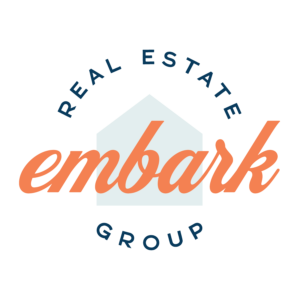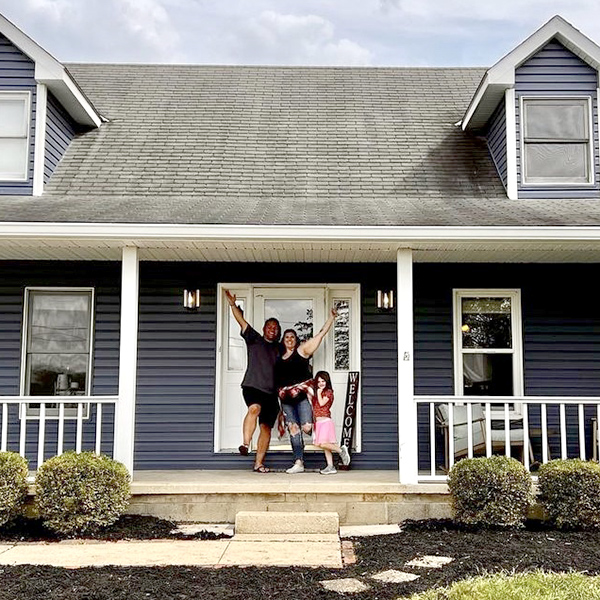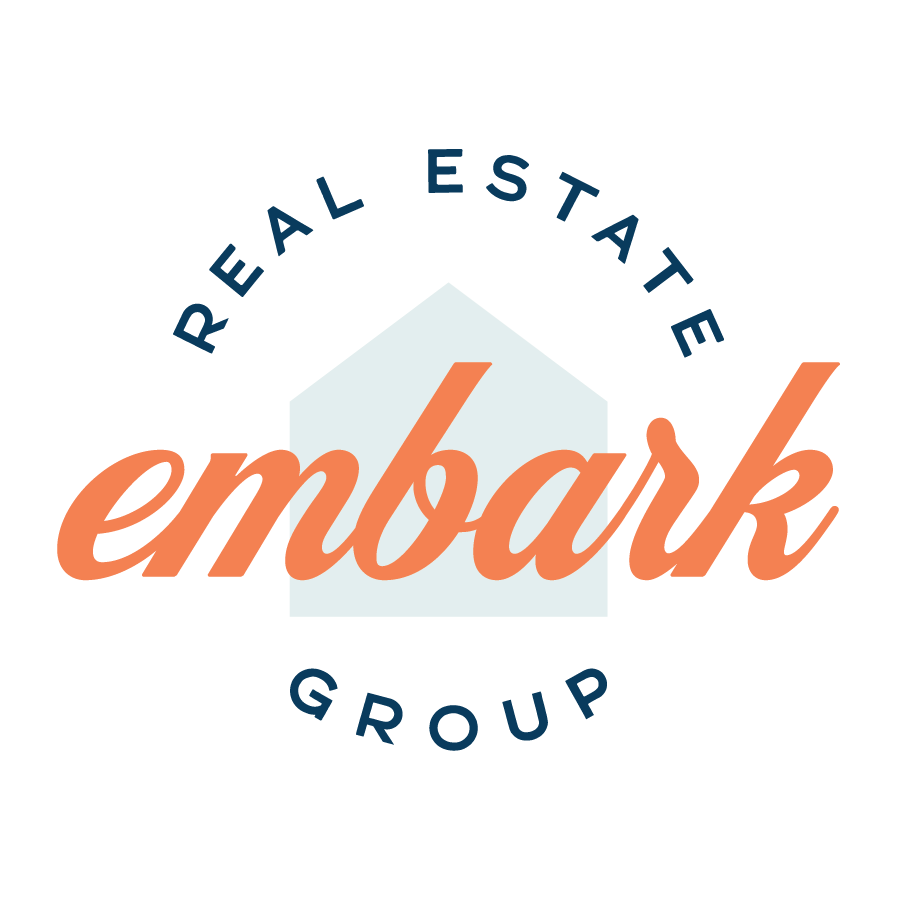You’ve got the whole team on your side.
Here at Embark Real Estate Group we know that hiring the right people who have dedicated roles is the biggest key to success. There will never be a time you won’t be able to reach someone who knows exactly what is going on with your journey and can help guide you through the process and accommodate your schedule. We have helped more than 225 families and individuals sell their home and move to their next one and we are excited to be the team to guide you through your journey!

Ian
Ulrich
Why Embark?
We understand the importance of finding your dream home for the best price possible. Our experienced team of real estate agents is dedicated to providing exceptional service and personalized attention to each of our clients. We strive to make buying or selling as seamless and stress-free as possible. Our commitment to excellence and customer satisfaction sets us apart from other real estate groups. Our agents are knowledgeable about the local real estate market and have a proven track record of success. We work tirelessly to negotiate the best deal for you.
Brad and Kylee lived in a small house with a small yard but wanted some room not only in the house, but also in the yard for their dogs and kids to run around. We were able to help them sell their house and get the closing dates lined up so that they only had to move once.
We are your fiduciary.
A functionary is someone who simply does tasks for the client.
A fiduciary puts your interests, dreams and goals FIRST. As a fiduciary I will educate you on all aspects and possible outcomes before you make decisions and advocate for the best possible outcome based on your decisions and goals. Here are my 6 commitments to you as your fiduciary:
Financing
Timeline of the Process
We generally recommend giving yourself 2-3 months at an absolute minimum to find the right house and get through this process and leave yourself with enough time to allow for timelines to be flexible. We do typically see anywhere from 6-18 months being a normal amount of time for first time buyers. The nice thing about a mortgage is that they start after the first full month after closing. So if you close on March 2nd, your first payment would be due May 1st!
Wonder if building a house would be best for you?
As Columbus continues to grow and expand, builders are trying their best to keep up the supply of new houses. There are some amazing builders out there that have a vast selection of homes, prices and quality of builds. We are here to guide you through every step of the process if you do decide to go the route of building a new home rather than buying an already existing one.
PROS
There are a TON of advantages of building over buying an existing home.
CONS
We have done dozens of new construction homes and just want to make sure you know all of the downsides as well.
Our Favorite Builders
- 3 Pillar
- Arbor
- Centex
- DR Horton
- Epcon
- Fischer
- M/I
- P&D
- Pulte
- Rockford
- Romanelli and Hughes
- Schottenstein
If you do decide to go this route we will go through the builders website and pick out the ones that are best fit for you and schedule a tour just like we would an existing house on the market. We have great relationships with the builders and they love working with our clients. Occasionally our clients get access to new inventory prior to them going out to the market in general.
The 99% House
House hunting is a blast! Especially when it’s on HGTV and the budge and timeline is limitless. We would love to make an empty promise that we are going to find you the house that matches 100% of what you are looking for in the budget that you are looking for, in the perfect location, with the perfect neighbors and get it done in a day. However, we have found that the 100% house just does not exist, so we are going to shoot for the 99% house! As we are looking at houses, both online and in person, we will use this as our guide and help make decisions along the way. We typically find that once homeowners rate their house at 70% or lower, that’s when they call us to start looking for a new one. After we meet, we will be able to identify houses that will make it tot he 90% or higher range for you and then you will take it from there to see when we get to the 99% house. Once we hit 99%, it’s time to start talking about an offer!
After we are done helping you find your first house, we love staying in touch and as life happens and change happens, the 99% house sometimes becomes the 95% house, then the 80% house. As your life changes your house can change too! From projects and expansions to updates and repairs, we have just about every contractor and professional you could ever need to keep your house as close to 99% as possible. And once your house becomes the 70% house, we will be here to help you find your next 99% house!
The Embark Promise
Here at the Embark Group, we hold ourselves to a high standard. We strive to be approachable, accessible, adaptable and have a sense of adventure with our clients as we guide them through the home buying and selling journey. There is no such thing as a “normal” or “easy” real estate transaction, and that is what draws us to this work. We promise to put your needs first and treat you and your family with honesty and integrity. We promise that you will be blown away by our service, advice, and expertise. We promise to communicate clearly and frequently with you. We promise to be your Realtor for life.
We know that each of our clients will have at least one friend, family member, or co-worker that would benefit from our service. We hope that you will introduce us to those in your life who are on their own home buying journey. If we have the opportunity to connect with someone in your circle after your deal closes, we know that we have kept our promise to you. Our clients are our top priority, and our only ask is that you give us feedback throughout your journey to learn how we can best serve others in the future.

Accessibility

Approachability

Adaptability

Adventure
Join our mailing list today!






